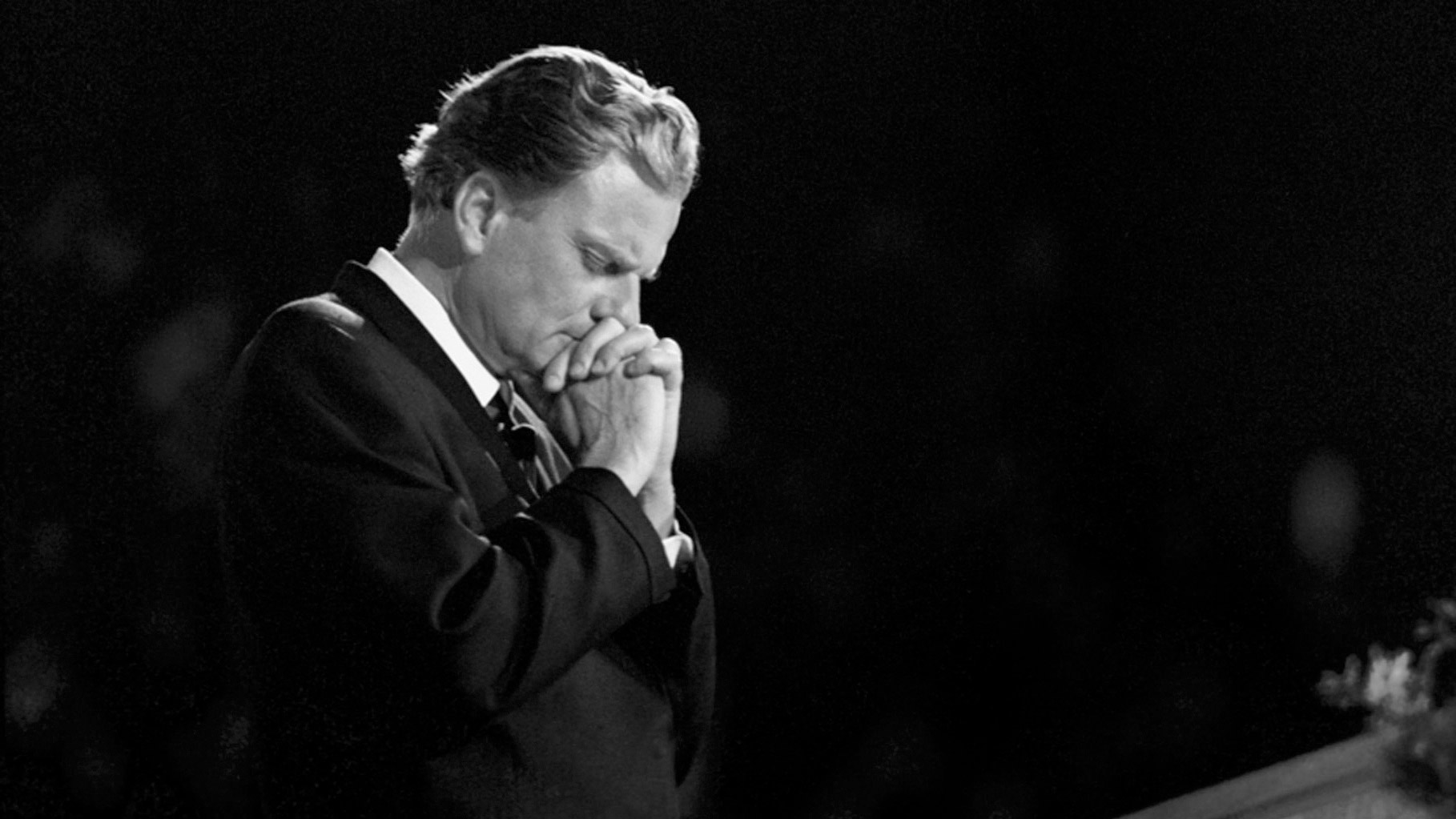Billy Graham had a life-long influence on me as a person and as a pastor. It began in my childhood with my grandmother. My grandmother told me, "I pray for two people every day. I pray for Billy Graham, and I pray for you."
She always wanted me to be a pastor. Today, I have no doubt that her prayers and the fact that Billy Graham was in our home every month with Decision magazine and every week on the radio did much to influence the direction my life took.
As I grew older, I began to understand Graham's commitment to keeping his character clean. As a young pastor, I understood why he and his staff made the "Modesto Manifesto," a covenant to ensure the integrity of his ministry. Later, when I started Saddleback Church, our staff made similar covenants—the Saddleback Staff Ten Commandments—based on the same idea.
The goal in everything we do at Saddleback is to make it easier for us to bring people to Jesus. You build bridges of friendship from your heart to theirs so Jesus Christ can cross that bridge into their life. Reaching out to those outside of evangelical bounds is a key lesson Graham taught me.
Graham realized that the whole gospel must be taught. In so many ways, he was a pioneer. Long before churches were ready for racial integration, he integrated his crusades. That's broadening the agenda. The great evil of that generation was segregation. He took it on.
He was primarily an evangelist, but he used his enormous influence to say the church has to care about issues other than evangelism. Like Graham, we believe strongly in the primacy of evangelism. But also like him, we're just foolish enough to take on issues that show Christian love to a hurting and confused world.
I learned from Graham to never lose your single focus. His focus was always on bringing people to Christ. I remember when Graham received the Congressional Gold Medal in the rotunda of the US Capitol in 1996. There were about 400 chairs, packed with VIPs. President Clinton and leaders of the House and Senate addressed the crowd, honoring Graham's life and achievements.
What do you think Graham did when it came time for him to get up to speak? He spent maybe three minutes acknowledging the honor and how little he deserved it. Then he said, "Let me tell you about Jesus." Even though the entire event was about him, he turned the meeting toward his lifetime central focus: Jesus.
He never gave up looking for new ways to share the gospel. Somebody quoted Graham as saying, "It's not how many people can I get into the stadium but how many people can I get the word out to." At Saddleback, we have tried to follow his philosophy. In the early 1980s, Saddleback was the first church to use a fax machine for evangelism. I came up with a thing called "the fax of life." I wrote a weekly devotional, and we faxed it out to business leaders. Graham learned of what we were doing and wrote me a note saying, "Using the fax machine to get the word out is a great idea."
Saddleback was the first church on the internet. That was in 1992, before Internet Explorer, Netscape, or Safari. We used Gopher, FTP, and Mosaic, and we put up a little website.
I learned from Graham to build your ministry on a team. Graham knew this, and he built a core team that was with him 50 years. Everybody on the team brought strengths to the table. When you build an effective team, you hire people who compensate for your weaknesses and who mobilize or reinforce your strengths, because nobody can be good at everything.
Part of the brilliance of Graham was that he understood how to draw the net. A lot of great preachers don't. They preach really good sermons, but they don't know how to call for commitment. It takes courage to stand up there and say, "Will you do this?" And then, just wait. I watched Graham do this for years.
The greatest influence the man had on me came not from what he taught, but simply from who he was. Whenever anybody says, "Who's going to replace Graham?" the answer is that he's irreplaceable. There will never be another Billy Graham.
Acts 13:36, my life verse, is an appropriate passage to describe him. It says, "Now when David had served God's purpose in his own generation, he fell asleep." I can't think of a finer epitaph to have on your tombstone than that you served God's purpose in your generation. That says you did the timeless in a timely way. You contended for that which never changes in a society, in a world, in a culture that's constantly changing. Graham served God's purpose in his generation, and now that he has fulfilled that purpose, he is gone.
This man's integrity and lifestyle were so right and his heart was so God-directed that it came through in his words and presence. With God, the direction of your heart is even more important than your sins. With David, God overlooked all the stupid things David did because he had a heart after God. He wanted to do the right thing. Graham wanted to do the right thing. I want to do the right thing; I don't always do it but I want to do the right thing. That direction of your heart is more important than being perfect.
Rick Warren is the founder of Saddleback Church and author of The Purpose-Driven Life.










